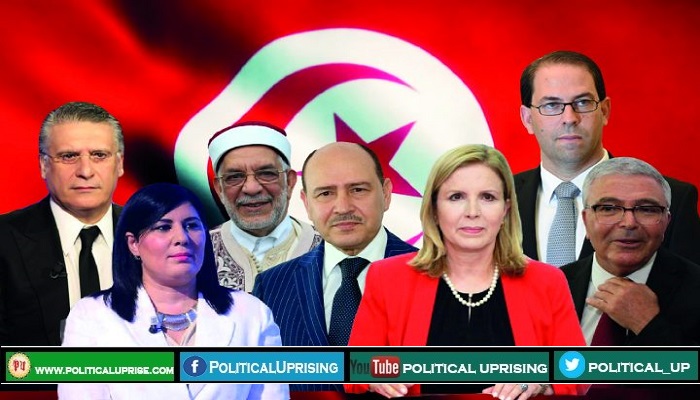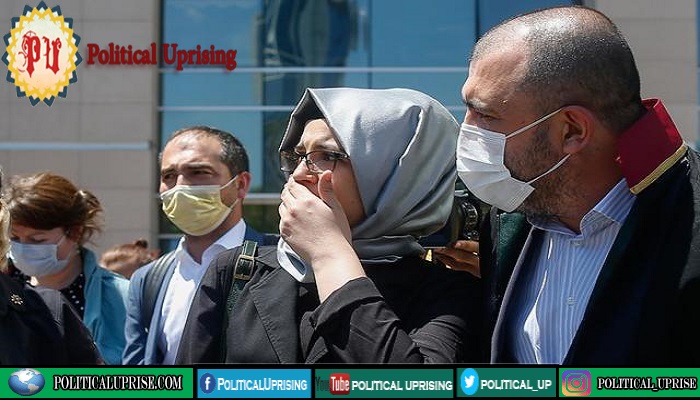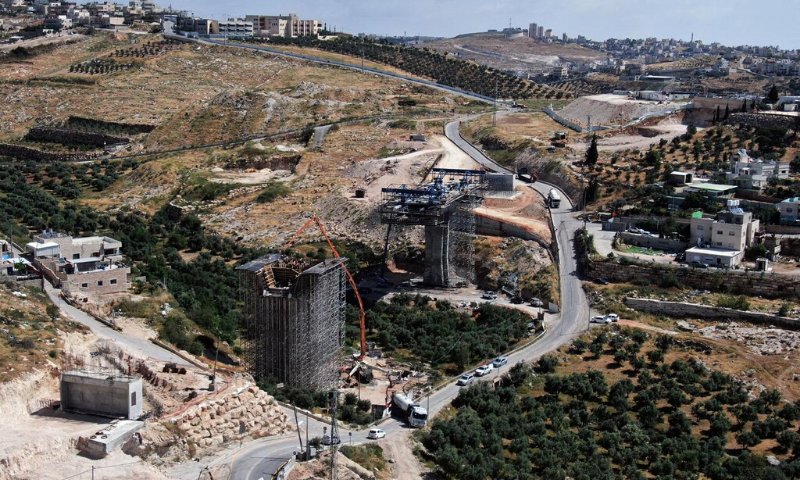Tunisia young democracy has brought out many presidential candidates.Mostly candidates has focused on employment, education in their political campaign.
15 percent of Tunisian population that is currently unemployed and last held a full-time position in 2010 when toppled leader Ben Ali ruled the North African country.
A string of anti government demonstrations which began late that year and continued into 2011 caused Ben Ali to flee the country, paving the way for years of democracy, as well as political unrest and a flailing economy.
on the northern outskirts of Tunis has long been plagued by crime, poverty and drug abuse. The streets, lined with rubbish and uneven pavements, were home to some of the Tunisians who years ago joined the Islamic State of Iraq and the Levant (IsIL or ISIS) in Syria.
But marginalised neighbourhoods like Cite Ettadhamen have become a key political battleground ahead of the country’s presidential Run off on Sunday. In the hope of securing the votes of Tunisia’s poor, candidates Kais Saied, 61, and Nabil Karoui, 56, have offered a vision of employment, education, healthcare and improved infrastructure.
Amid a field of 26 candidates featuring a number of political heavyweights, the two self-styled political outsiders surprised the country by finishing in first and second place in last month’s first round.
Saied, a law professor who has kept a low profile throughout the campaign and who supporters see as embodying anti-elitism, ran without the backing of a party and won 18.4 percent nationally.
Media tycoon Karoui, a populist figure who until Wednesday sat in jail for suspicion of money laundering and tax evasion, took 15.6 percent of the vote. He denies all the charges and says they are politically motivated.
In Ettadhamen, Saied’s humble persona and rejection of the political status quo propelled him to the top, with 21.7 percent of the first-round vote. Karoui, who founded a charity to alleviate poverty and whose Nessma TV channel has promoted his philanthropic activities, trailed in second place at 19.4 percent. Despite his personal wealth, his supporters see him as a liberal champion of Tunisia’s poor.
Read More:Court dismissed Jacob Zuma application
In a country that ranks as the 73rd most corrupt out of 180 states, according to the Economic Research Forum, mistrust of the political elite has become widespread. But while some have turned their backs on politics in response, others have turned to a political newcomer.The country’s economic malaise has affected a wide range of society.
Tunisia young democracy:According to the Economic Research Forum, 40 percent of Tunisia’s unemployed have university degrees.



